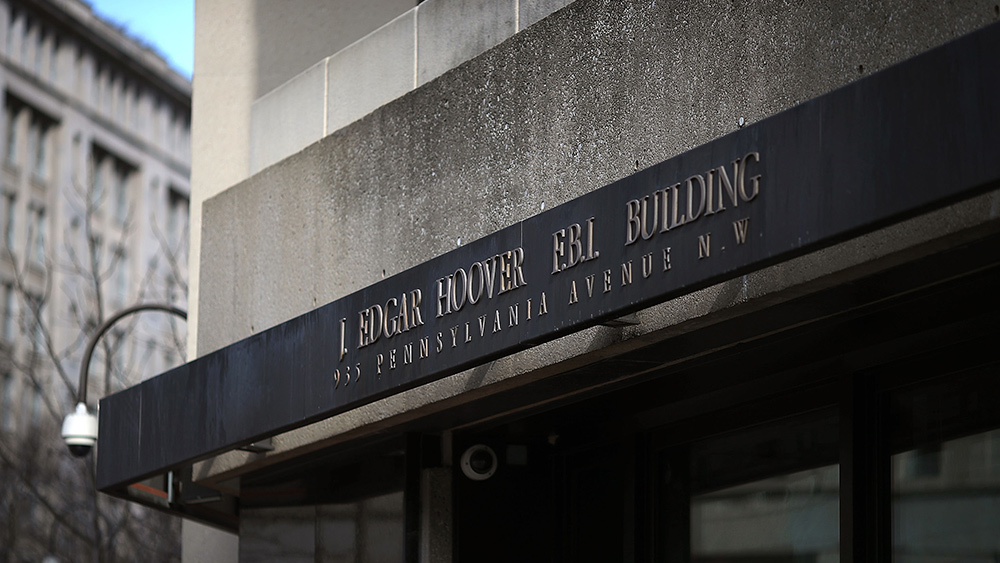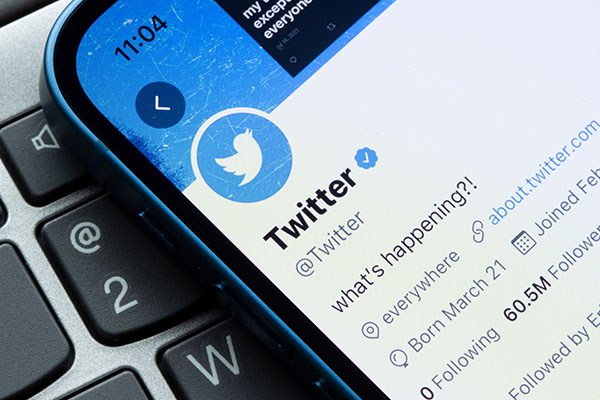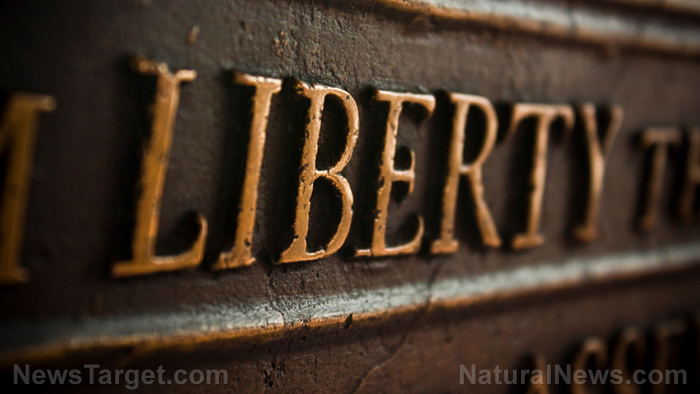
Currently sponsored by six legislators, "an Act to permit civil actions against social media sites for censoring speech" provisions that websites with more than one million users would be "liable in a civil action for damages to the person whose speech is restricted, censored, or suppressed, and to any person who reasonably otherwise would have received the writing, speech, or publication."
Individuals who have been unfairly censored would be eligible for compensation, including "treble damages for compensatory, consequential, and incidental damages."
Rep. Tom Kading, a Republican sponsor of the bill, admitted that he proposed the legislation in response to social media banning President Donald Trump following the false flag "riot" at the United States Capitol on Jan. 6.
"It's just wrong to ban a sitting president," Kading told the Grand Forks Herald, adding that the legislation was crafted specifically to provide a legal tool for North Dakotans who are censored by the tech giants.
According to Kading, platforms like Facebok and Twitter routinely violate their own terms of service, which users agree to upon signing up for access.
Twitter, for instance, claims that it maintains "a zero tolerance policy against violent threats." Offending posts, including those that contain "a declarative call to action that could harm a specific individual or group," can be removed at will.
However, the only posts in this category that are ever removed from Twitter are those posted by conservatives and Trump supporters. Leftists routinely post hate speech and calls to violence without consequence.
Critics say that Twitter has created its own definition of "violent threats" that is selectively enforced only against the company's political opposition. Democrats, for instance, are almost never censored on Twitter, no matter what they say.
Federal law would still prohibit citizens from suing tech companies, attorney warns
Commenting on the legislation, attorney Akiva Cohen warns that even if it passed, it "would immediately be deemed void as preempted by Section 230 [of the Communications Decency Act]." The reason for this is that "federal law is supreme over state law where they conflict, and this could create an express conflict."
Section 230 has long been used as a liability shield for Big Tech companies to simultaneously act as both providers and publishers of content, depending on which configuration suits their agenda best.
The 1996 law states that providers and users of computer services cannot be held liable for "any action voluntarily taken in good faith to restrict access to or availability of material that the provider or user considers to be obscene, lewd, lascivious, filthy, excessively violent, harassing, or otherwise objectionable, whether or not such material is constitutionally protected."
This legal shield has been abused for quite some time now, resulting in conservatives and Trump supporters bearing the brunt of Big Tech's heavy hand of censorship, even as their leftist counterparts have their voices amplified on the platforms.
"Trump and other Republicans have said it should be repealed, arguing that Big Tech firms have essentially overstepped their bounds by moderating content," reported The Epoch Times about the push to repeal Section 230 of the CDA.
As a gesture of support, other states besides North Dakota plan to draft similar legislation to let Congress know that We the People are not okay with having our voices silenced online.
"I think all American Trump supporters should file a lawsuit of defamation of character against Congress," wrote one Epoch Times commenter, upping the ante.
More of the latest news about Big Tech censorship can be found at Censorship.news.
Sources for this article include:
Please contact us for more information.























